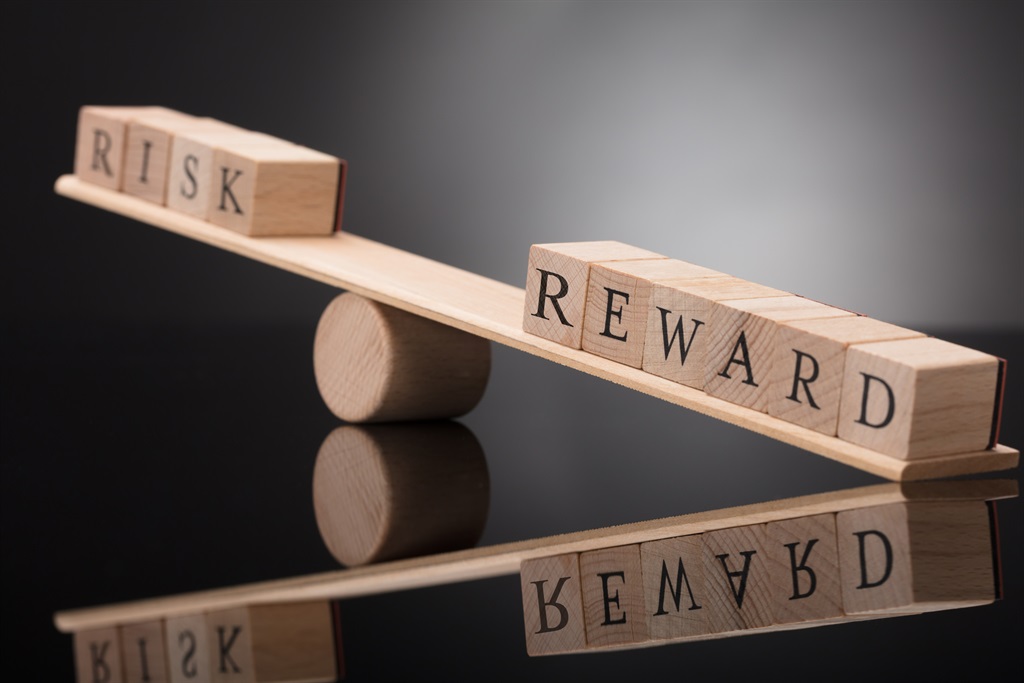
For many business decisionmakers, risk is seen as something to be avoided at all costs or, if that’s not possible, managed and mitigated.
We at Deloitte take a more expansive approach, also viewing risk as a potential tool to create value and boost performance.
It’s not a unique perspective. Bold and forward looking business leaders have long understood the relationship between risk and reward, between the pitfalls and the possibilities. But this is particularly true in times of rapid change and disruption.
Today we find ourselves in just such a time. The impact of global trends – such as emerging technologies, social media, digitalisation, and promulgation of new regulations – creates a very dynamic environment with a consistently shifting risk landscape.
Any change brings with it an element of risk, but the rate and extent of change that we are seeing today is unprecedented and there is a direct correlation between the rate of change and the rate of emerging risks, which is really redefining the risk landscape in Africa.
Compounding the situation are the emergence of new regulations and regulators that are a lot more deliberate and robust in the oversight role now than ever been before.
Regulations promulgated in different continents are now very much applicable to the African continent and African businesses as well.
One that comes to mind that was recently promulgated in Europe is the General Data Protection Regulation. At first glance this may appear to have little relevance for Africa.
But in today’s increasingly globalised trading environment, any organisation, regardless of where it is operating, has to comply with these types of regulations.
These factors have a fundamental impact on the risk profile of businesses, requiring them to rethink their approach to risk identification and mitigation. And data should be at the heart of any such efforts.
It has become almost impossible for any organisation to really assess the depth and breadth of the risk profile without using data and data analysis to assess the level of risk and the extent to which they need to comply with the risk profile and regulations.
Beyond compliance, however, data managed and analysed properly can hold significant value for an organisation. Which brings us to the potential upside of risk.
In assessing the correlation between risk and value one needs to look at the differentiation between pure risk and non-traditional business risk.
The first approach views risk as having only a negative outcome. So, if the negative outcome does not materialise then there isn’t a benefit, but you do avoid a loss.
The non-traditional approach to business risk, by contrast, combines the possibility of both a negative and positive outcome. If, for example, an organisation decides to diversify and acquire new business, there’s always a risk that the new business may fail.
On the other hand, taking no action may prove just as risky, if not more so. While playing it safe may prove successful in the short term, in the long term, without adapting to the changing environment, the changing market and the changing landscape, a business’ sustainability becomes doubtful, to the point that it may be too late to change and adapt.
Consider Netflix as an example. While it was still a successful traditional DVD rental business, Netflix understood that its business model was not sustainable.
So, it started many years ago investing in streaming technology. In so doing, it cannibalised its own traditional business to make the current business a success.
That was the risk they took. But it managed to balance the core traditional business while taking the risk of investing in what they believed the market demand would be in the future.
There are a few organisations, similar to Netflix, who have made bold and visionary decisions on what the future of their business should. In so doing, they have successfully navigated the onset of the digital era and managed what we now call “digital risk” to their benefit in creating value.
Digital risk has become something of a buzzword, but simply put, digital risk refers to the risks associated with transforming a traditional business process into one that’s more tech-enabled.
But don’t think of this as an exclusively a technology-related risk. Even though technology underpins everything around digitalisation, digital risk is at its heart a business issue and negotiating it successfully involves aligning your people, process and technology.
Any change has an element of risk, and organisations need to understand their current risk profile and what additional risks, new risks or differentiated risks would arise in the journey to digitalisation.
There’s no silver bullet or one-size-fits all approach to this. It is unique to each organisation and it is dependent on the level of maturity around the understanding, acceptance and mitigation of risks in that organisation.
At Deloitte we work with organisations to help them understand the specific journey they need to take as they restructure and reorganise their operating model to successfully seize the opportunities that arise in these times of rapid change.
• Navin Sing is managing director: Deloitte Risk Advisory Africa




 Publications
Publications
 Partners
Partners








